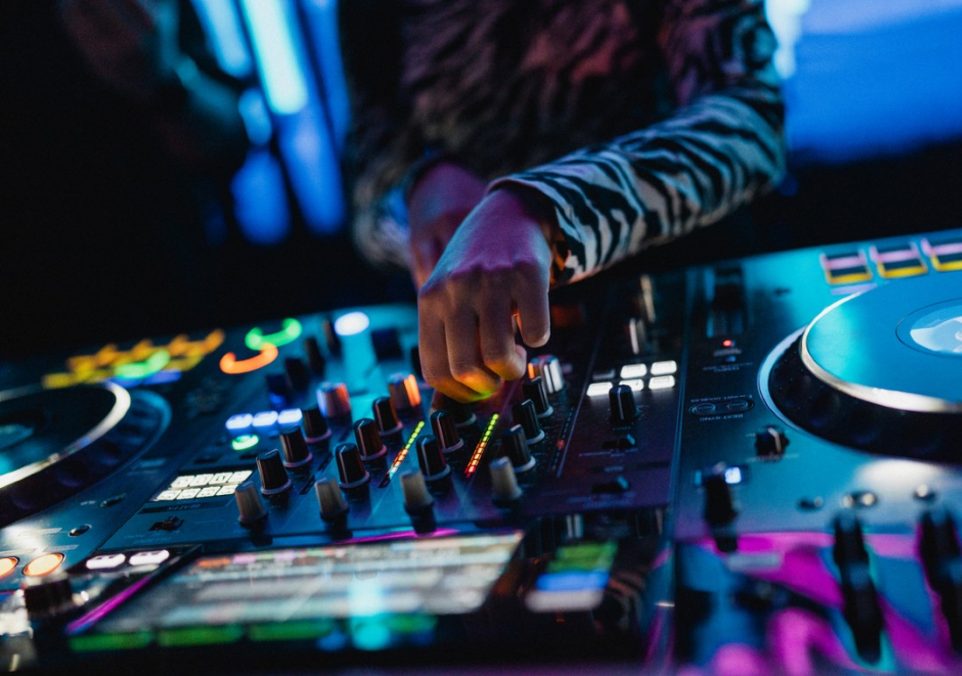How to Become a DJ: Where to Start and What Equipment to Invest In

Becoming a DJ is an exciting journey filled with beats, mixes, and the joy of sharing your musical taste with the world. Whether you’re dreaming of lighting up local clubs or just want to throw down some tracks at your next house party, the path to becoming a DJ is accessible to anyone passionate about music. Here’s how I got started and some tips to help you begin your own DJ adventure.
Start With Your Music Collection
The first step in becoming a DJ is to build a solid music library. Collect songs that move you, songs that you know by heart. This foundation is crucial because knowing your tracks inside out—their mood, their structure—helps immensely when mixing. Platforms like Spotify are great for discovering new tunes. Listen to these tracks repeatedly; familiarity breeds the ability to create smooth transitions that feel intuitive.
Invest in Basic Equipment
When you’re just starting out, there’s no need to splurge on expensive equipment. A decent second-hand DJ controller and a good pair of headphones are enough to get you going. Speakers are also essential, but again, they don’t have to be top-of-the-line right away. Look for used gear—it often comes with advanced features at a fraction of the cost and works just fine with current software.
Practice Mixing
The key to mastering DJing is practice. YouTube is a treasure trove of tutorials where you can learn basic mixing skills and tricks like mixing in key. Start by practicing at home, maybe even with a friend who shares your interest. This makes the learning process more fun and interactive, as you can trade tracks and try back-to-back mixing sessions.
Record and Publish Your Mixes
No matter your skill level, record your mixes. Sharing them online not only builds your confidence but also gets you exposure, which is essential if you aim to perform live. It’s also rewarding to look back and see your progress. One of my friends, despite being less tech-savvy, has managed to carve out a successful DJ career simply because he focused on his strengths: selecting great music and creating smooth transitions!
Technical Skills Are Not Everything
It’s important to note that you don’t have to be a tech wizard to succeed as a DJ. My friend, for instance, struggles with software and technical problems, but his musical choices and networking skills have landed him regular gigs. If you encounter technical issues, don’t hesitate to ask for help or outsource those aspects.
Choosing the Right Software and Apps
I began my mixing journey using iTunes to curate playlists, later transitioning to Virtual DJ—a free platform that allowed me to mix using just a keyboard and trackpad. Smartphone DJ apps like Cross DJ also offer a fun way to practice. Eventually, I enrolled in a DJ school, which provided hands-on experience with professional equipment like Pioneer decks.
Play Live Whenever You Can
Opportunities to play live came my way through local promoters and club managers who noticed my energy and my knack for picking the right tracks. Starting with underground gigs and moving up to club residencies, each experience taught me more about crafting sets that resonate with different audiences.
Continuous Learning and Upgrading
As your skills and passion grow, so will your need for better equipment. While starting simple is fine, upgrading your gear can enhance your performance. Don’t overlook older models for their value, especially when budgeting for other essentials like subscriptions to record pools or better headphones.
Your Trust, Our Core Commitment
At Rising Tech, earning and maintaining your trust is the cornerstone of our mission. We're dedicated to transparency, impartiality, and the relentless pursuit of truth in every article, review, and recommendation we publish. Our commitment to these principles ensures that you, our valued reader, are always equipped with reliable and unbiased information. Let us be your trusted guide in the ever-evolving world of technology.